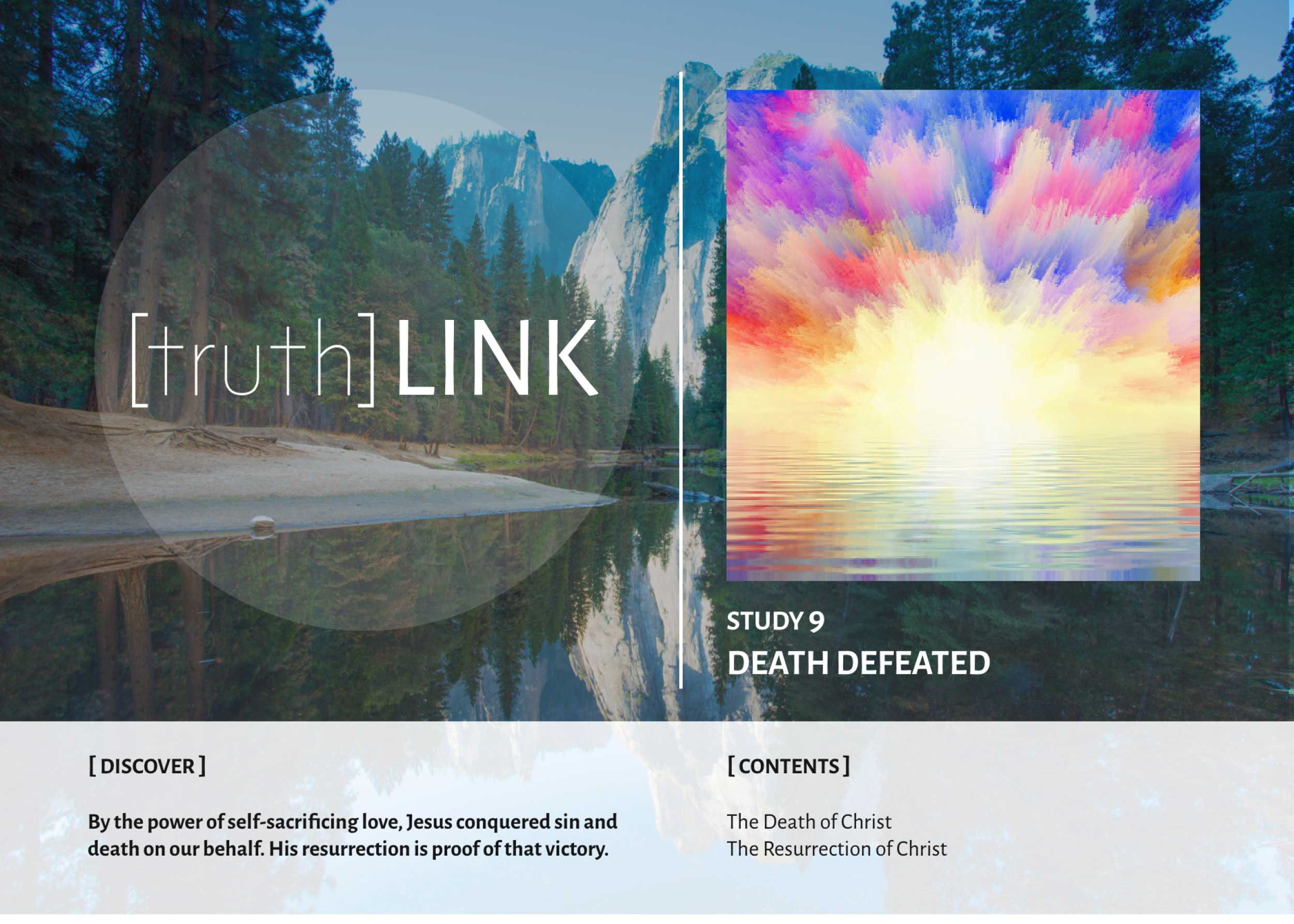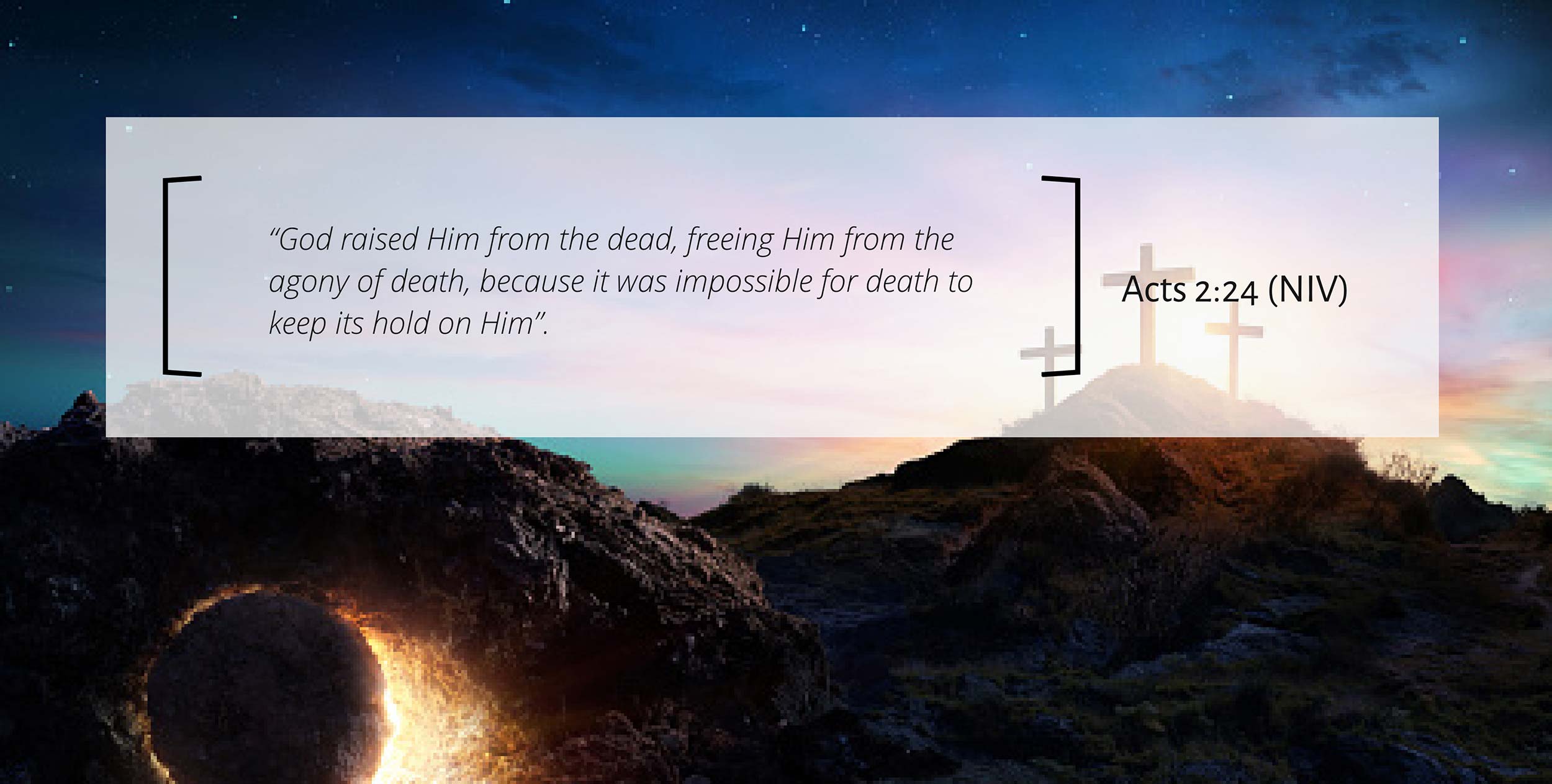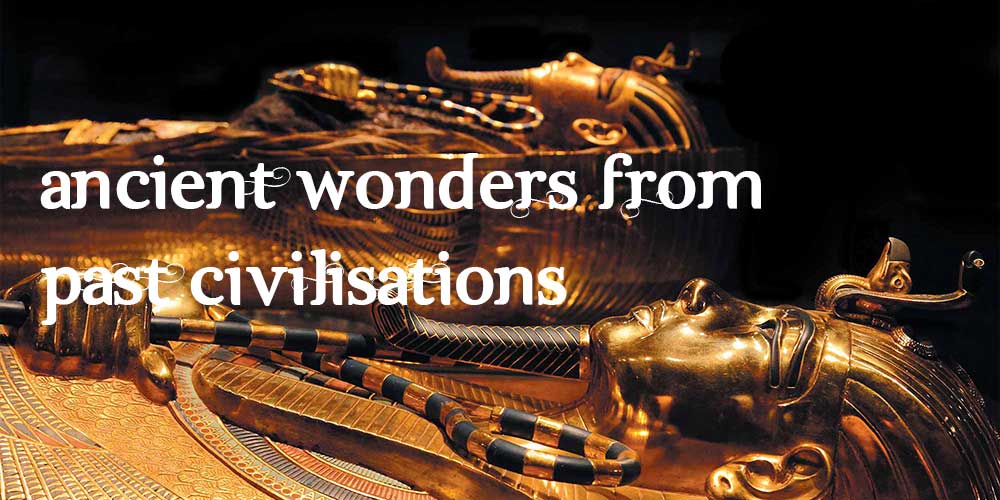
The Death of Christ
In our previous study we discovered that there are two categories of death. The first death is the common physical death all human beings die. When a person dies the first death, they rest in an unconscious sleep-like state. From the first death all human beings will be resurrected, “those who have done good, to the resurrection of life, and those who have done evil, to the resurrection of condemnation” (John 5:29). The righteous, having been restored to innocence and love by God’s saving grace, will enter into eternal fellowship with God. The wicked will stand before God accountable for their lives and will die the second death—not because God wants them to, but because what they have become through identification with evil places them fundamentally out of sync with God’s love and, therefore, renders them incapable of living for others. The second death is not merely the death of the body, but the destruction of the body and the “soul (psyche)” (Matthew 10:28). The second death involves complete moral accountability before God, in which each individual conscience will bear its own guilt.
With this background understanding of the difference between the first death and the second death, we are now prepared to explore the death of Jesus and be blown away by the astounding magnitude and beauty of His self-sacrificing love.
Carefully read Matthew 26:36-39, Isaiah 53 and 2 Corinthians 5:21. Especially notice each usage of the word “soul” and discuss the psychological aspect of the suffering Jesus endured. Also talk about the repeated reference to Jesus bearing, carrying, and becoming identified with our sin. Answering these questions will help:
Before any physical torture was inflicted on His body, Jesus told His disciples that He was dying at the “soul” (psyche) level of His being. If not by physical causes, by what lethal force was He dying according to the above scriptures? ____________.
Paul says Jesus “became sin for us” and Isaiah says “He was numbered with the transgressors.” Discuss what it must have been like for Jesus to feel in His own conscience as if He were guilty for our sins. What words come to mind to describe those emotions _______________________.
Bearing the agonizing weight of our sin upon His conscience, Jesus cried out on the cross: “My God, My God, Why have You forsaken Me?” (Matthew 27:46). Bring John 1:18 and John 10:30 into the picture, which tells us that Jesus had always been in the closest possible oneness with the Father.
Though the Father was right there suffering with Him, Jesus could not feel His presence. Instead, He felt completely crushed by our guilt as if it were His own.
DISCUSS WHAT IT MUST HAVE BEEN LIKE FOR JESUS TO ENTER INTO THE TOTAL MENTAL AND EMOTIONAL DARKNESS OF SEPARATION FROM THE FATHER.
This brings us to the most astounding reality imaginable. Follow the logic of this next point carefully.
While Jesus had previously spoken confidently of His resurrection (Matthew 17:22-23), now, as He hung on the cross bearing the crushing weight of our sin upon His conscience, He was enshrouded in mental darkness and felt completely separated from the Father. Resurrection for Himself now faded from view. Psalm 88 is a Messianic prophecy that describes just how deep the mental darkness was into which Jesus was plunged:
“For my soul is full of troubles, and my life draws near to the grave. I am counted with those who go down to the pit; I am like a man who has no strength, adrift among the dead, like the slain who lie in the grave, whom You remember no more, and who are cut off from Your hand. You have laid me in the lowest pit, in darkness, in the depths. Your wrath lies heavy upon me, and You have afflicted me with all Your waves. Selah. . . . I am shut up, and I cannot get out. . . . Shall the dead arise and praise You? Selah. Shall Your lovingkindness be declared in the grave? Or Your faithfulness in the place of destruction? Shall Your wonders be known in the dark? And Your righteousness in the land of forgetfulness?” (verses 3-12).
Wow! Jesus felt as though He was being “shut up” in a death from which He would not “get out,” as though He was dying a death from which there would be no resurrection. For a sustained period of time the separation from His Father was so complete that He could not see life for Himself beyond the grave.
And yet—don’t miss this—Jesus suffered all of this voluntarily. When Peter tried to defend Him with violence, Jesus said, “Do you think that I cannot now pray to My Father, and He will provide Me with more than twelve legions of angels?” (Matthew 26:53). On another occasion He told the disciples, “No one takes it [My life] from Me, but I lay it down of Myself” (John 10:18). He did not have to die. He chose to give His life for us. He was not trapped with no way out. At any point in the process of that monumental self-sacrifice He could have abandoned us to save Himself. But He would not let us go, simply and profoundly because He literally loves each of us more than His own existence. In the midst of that dark separation from His Father, He had to decide whether He valued our eternal life above His own, and He chose us. Jesus demonstrated that He was willing to die forever and never see the light of day again in order to save us. Such is the magnitude of God’s love for us. Paul called it “love” that “passes knowledge” (Ephesians 3:19). It soars beyond mere intellectual computation and must be received into the heart in order to be comprehended.
And yet, while Jesus experienced the full, horrific reality of the second death on our behalf, He could not be held by it.
The Resurrection of Christ
Scripture declares of Jesus:

The question is, Why was it impossible for death to hold Him? To discover the answer, we need to understand that there is a direct cause-and effect relationship between sin and death:
“The wages of ________ is _________” (Romans 6:23).
“For to be carnally minded is ____________” (Romans 8:6).
“Sin, when it is full-grown, _________ ________ ______” (James 1:15).
Discuss Romans 8:1-4.
Paul speaks of “the law of the Spirit of life in Christ Jesus” in contrast to “the law of sin and death” (Romans 8:2). Sin is law, a cause and effect principle that destroys, not an arbitrary category of behaviors forbidden by a controlling God. Sin itself is intrinsically destructive because sin itself is intrinsically contrary to love, which means that sin is contrary to the fundamental operations of life as God designed it to function. As such, sin ultimately leads to death—the second death!—if allowed to run its course.
This is where Jesus enters the picture as our Savior. Paul explains that Jesus “condemned sin in the flesh” (Romans 8:3). He conquered sin by having nothing to do with it, by continuing in faithful love for us at any cost to Himself. Thus, He triumphed over death by rendering sin inoperable and powerless in His experience. He lived a sinless life and died a sinless death, uncorrupted by selfishness. Sin never owned Him because He never yielded to it. As our Substitute, Jesus suffered the full weight of our guilt while Himself remaining guiltless, thus neutralizing the power of sin and death. His resurrection is proof of that victory.
Read and discuss the following scriptures: Hebrews 2:9, 14-15; 2 Timothy 1:10; Revelation 1:18; 2:11; 20:6.
What did Jesus “taste (experience) for everyone?”__________.
What effect did the death of Jesus have on death itself?__________.
Who now holds “the keys of hell and death” and what do “keys” imply? ____________.
By virtue of the victory of Jesus, how much “power” does “the second death” now have to “hurt” us? _________.
Death is a defeated foe! Jesus is Victor, and it is our privilege to receive the incredible benefits of His conquest.
[CONNECT]
When Jesus died on the cross He demonstrated the astounding truth that God loves each of us more than His own existence, and by the power of that love He conquered sin and death on our behalf.
Because of the resurrection of Jesus, the resurrection and eternal life of all His followers is assured: “Behold, I tell you a mystery: We shall not all sleep, but we shall all be changed—in a moment, in the twinkling of an eye, at the last trumpet. For the trumpet will sound, and the dead will be raised incorruptible, and we shall be changed. For this corruptible must put on incorruption, and this mortal must put on immortality. So when this corruptible has put on incorruption, and this mortal has put on immortality, then shall be brought to pass the saying that is written: Death is swallowed up in victory” (1 Corinthians 15:51-54). Imagine what an incredible thing it will be when all who have ever died in God’s love are resurrected and clothed with immortality. Nothing this world has to offer can in any way compare to that great and glorious day!
[EXPERIENCE]
In the light of God’s self-sacrificing love for me, I choose to accept Jesus Christ as my personal Savior and I choose to live in connection with Him both now and forever.
To think that God values my life more than His own is absolutely amazing. In response to His great love for me, it is my desire to love Him in return. I want to experience what John describes in 1 John 4:19: “We love Him because He first loved us.” It is clear from this text that accepting His love for me will generate love in my heart for Him. Dear God, I ask You to sharpen my vision of Your love and empower me to love You in return.
Phone 1300 300 389























